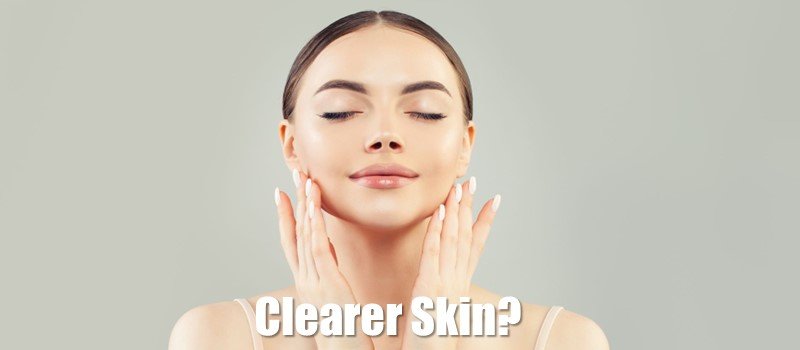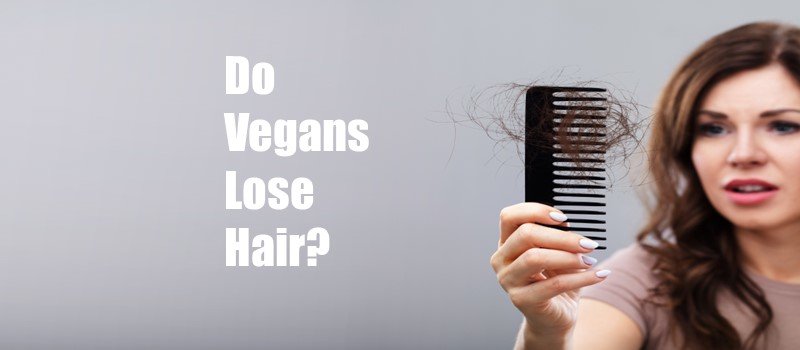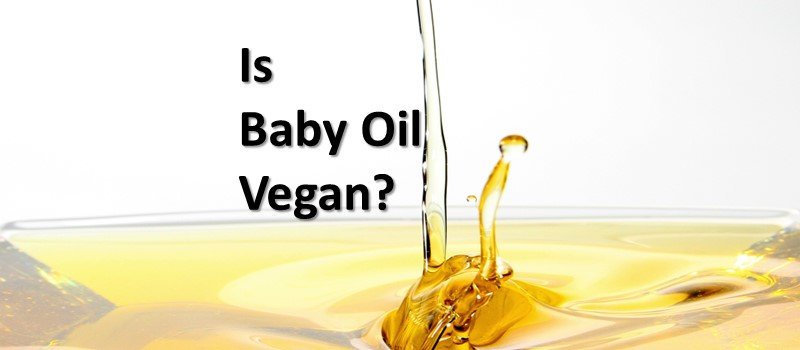Vegan skincare is a new area, even for people who are careful about their food preferences. It goes beyond vegan food to what you put on your body, as opposed to inside it. After all, your body relies on making healthy choices in all areas. This article covers vegan skincare ingredients for beginners. Therefore, we explain how animal ingredients are often used in skin care products. Then we point out the worst offenders, and how to spot a vegan skincare product.
Eating a vegan diet is one thing, but some people want to eat a fully vegan lifestyle. This means that you will be conscious of so much more than just what you eat. This may be via your vegan clothing, shoes, makeup, and even your skin care.
Animal Ingredients In Skin Care
When it comes to vegan skin care ingredients, it isn’t just one thing. They’re also not so easy to determine because the ingredients list is full of unusual-sounding words that are difficult to decipher.
But don’t worry, in this vegan skin care ingredients for beginners guide, we will break down everything you need to know to help you navigate this complicated world.
A wide range of animal products is used in skincare. These might be gelatin, beeswax, carmine, stearic acid, or collagen, to name a few.
Many of these come directly from animals or are derived from animal parts as the source.
Alternatively, some animal byproducts find their way into skincare products too.
This might be honey or lanolin. Lanolin we cover in another section and is from wooly animals.
Honey originates from bees. Some bees die when honey is removed from the beehive. So, it’s disagreeable to many vegans.
Skincare products aren’t the clearest about every ingredient that’s inside or what those terms mean.
For more on the benefits of vegan makeup, check out our article, Is Vegan Makeup Better For You Skin?
Cruelty-free should mean that no animal has been impacted whatsoever
Vegan Vs Cruelty-Free – Are They The Same?
No, they are not.
A vegan skincare product should contain no ingredients from animals. This includes both animal and animal byproducts too.
Cruelty-free skin care products have never been tested on live animals.
It should also include that any ingredients within the product were also never tested on animals; not just that the final product was never tested.
Some companies will outsource testing to third parties to try to get around this issue. Cruelty-free should mean that no animal has been impacted whatsoever, with no exceptions.
In this sense, cruelty-free relates to testing whereas vegan relates to ingredients.
A vegan would hope that a vegan skincare product is also cruelty-free, but that needs to be verified.
What is Vegan Skin Care?
Popular Skincare Ingredients that are derived from animals:
Carmine
Carmine is a type of dye.
It’s popular in cosmetics but also in fabric coloring too. It comes in different colors. The red color is produced from crushed beetles. The red hue comes from the beetles’ consumption of red berries.
Found in blush, and many lipsticks, carmine can produce vivid pink and red hues. The brighter the luminance, the more suspect it is in the beauty world that it contains some cochineal dye, the other name for carmine.
Lanolin
Wooly animals excrete lanolin naturally.
The oil helps to give their coats a greater degree of waterproofing. Many balms, face moisturizers, and make-up removal products include lanolin.
There is a cruelty-free lanolin ingredient as an alternative. This is better for the animals, but vegans should still take issue with it. It’s a better choice for carnivores, but not vegans.
It isn’t necessary to use these types of skincare products. Plenty of vegan-friendly alternatives like olive oil, coconut oil, and shea butter will work fine.
Urea
Urea, also known as carbamide, is a difficult one. There is both an animal-derived version and a synthetic one too. Sadly, they’re both listed in the same way.
The animal version is produced from the urine of animals. Yes, really…
Why it’s used is because it’s a humectant. This is hygroscopic and helps to keep skin care products moist. Because it stops them from drying out as quickly, it may assist when the product is being applied. Also, it can extend a product’s shelf life too.
Some plant-based ingredients can replace urea. Argan oil, from Argan trees that grow plentifully in Morocco, is gaining interest as a viable alternative. Coconut oil works too. Also, shea butter can produce similar benefits to the types of beauty products that use urea such as cleansers, moisturizers, and flashy lipsticks.
Shellac
The lac beetle secretes shellac. It is part of the process that creates a hardened shell over their larvae.
Shellac is mostly found in durable nail polish products. This is especially so when they’re needing to be particularly shiny for longer.
Guanine
Fish scales are pressed down to produce what sits on the ingredient list as guanine. The main purpose of using guanine is to produce a sparkle effect and is observable in some eyeshadow make-up. Also, some eyeshadows with a pearl-like appearance often include guanine.
So, guanine may not have a fishy smell, but it’s unfriendly to the shoals of fish in the oceans.
Keratin
Pigs and cows have an animal protein called keratin. To obtain this animal protein, it’s necessary to crush up their bones.
The protein can help to add strength to beauty products. So, it’s found in strengthening-related products as well as some moisturizers too.
Retinol
Retinol is animal-sourced. It enriches the skin with vitamin A, primarily.
Found often in body and skin lotions intended to nourish the skin, it takes animals to do that.
For vegan ingredients that achieve similar results, carotenoids are plant-sourced.
Glycerin
Glycerin is also known as Glycerol or Glycol too. Both the food and beauty sectors use it, mainly for its moisturizing effect as it performs well in water retention.
Animal fats are the source of animal-based glycerin where it’s extracted from it.
The ingredient also has some vegan overlap. It can be extracted from vegetable oil too. This is then plant-based and passes the vegan test. As an ingredient, it may be listed as plant-based glycerin or vegetable glycerin. Both are confirming that it’s come from vegetable oil and not animal fats.
True vegan skincare product should also be cruelty-free
How To Tell If Skin Care Products Are Vegan?
A vegan skin care products won’t be shy about letting you know. It’ll sport a vegan logo.
You should also be confirming that it’s cruelty-free too. Don’t assume if it’s vegan that it’s also cruelty-free, though it should ideally be both. Also, look at the list of ingredients to see if there is anything suspect that shouldn’t be.
Final Thoughts: Vegan SkinCare Products
The beauty industry is catching up with the demand for vegan skincare products. Every day there are traditional cosmetic companies bringing out a vegan range, or a new dedicated vegan brand poping up. That being said, it is still a minefield to navigate. Hopefully, we’ve given you enough information to navigate this complex area. If we have missed anything, drop us a question in the comments below and we will try and answer it for you.




